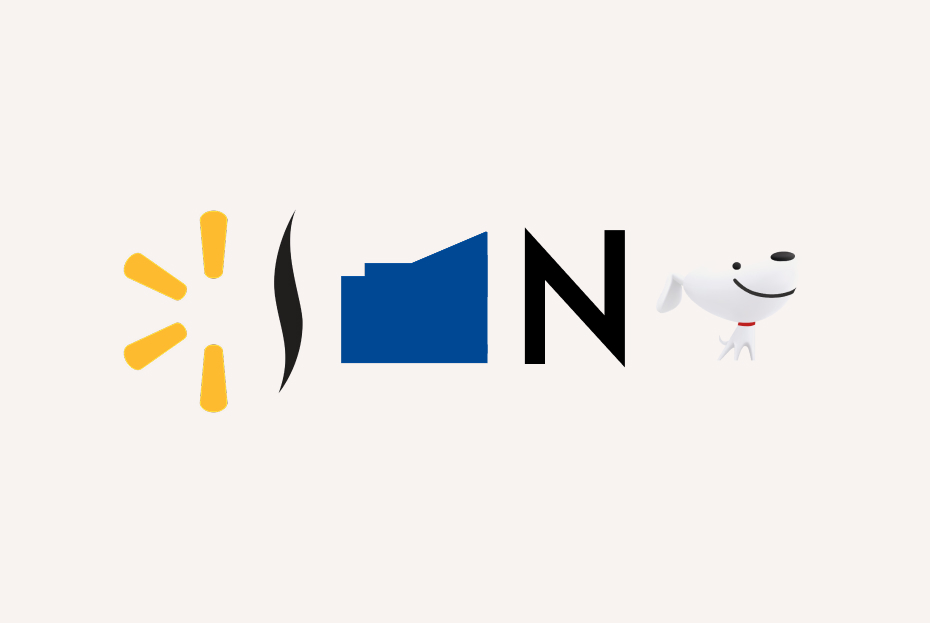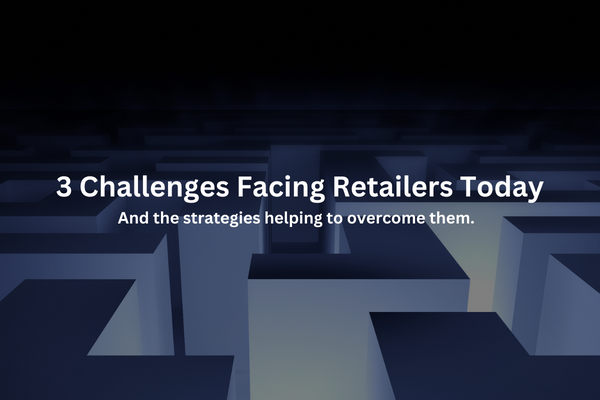Guest Blog post by Sara Carter, Co-Founder of Enlightened-Digital
The Consumer Electronics Show, or CES, is a technological Mecca for brands and gadget enthusiasts alike. CES 2019 certainly did not disappoint. From an impossibly realistic plant-based burger to a bread-making robot, there were more than a few show-stopping moments. The proverbial gladiator match between two online giants, Google and Amazon, struggling for supremacy in the blossoming smart home industry, however, is what will arguably be sending ripples throughout the consumer market for years to come.
Therefore it begs the question: if the focus is on smart homes, who is winning? We took a look at Amazon’s Alexa, the Google Home products, and more in order to determine if the future of smart home technology will be dictated by fierce competition amongst brands, by consumer demand- or both.
Amazon Alexa
Amazon’s virtual assistant, Alexa, first launched in 2014 alongside its line of Echo smart speaker devices. As Alexa’s speech recognition library became more sophisticated, the device graduated from being relegated to a singular music-playing function to controlling thermostats, light bulbs, and more.
At this year’s CES, Amazon eschewed a grand entrance in favor of quietly demonstrating the core competency that has skyrocketed the product to the heart of many homes: the strength of its integrations with partner-connected devices (think an Alexa-integrated Kohler toilet or Ford’s new vehicle infotainment system). Experts have argued that this dominance has made Amazon the clear winner at CES for the past two years running. In 2019, however, they faced heavy market pressure from the brash entrance of a fully-fledged Google Home: is their headstart finally over?
Features
One of the most popular features that Alexa supports are third-party actions (example; “Alexa, order pizza from Domino’s”). It has strong voice-recognition capabilities, even cutting through ambient noise or the music it’s playing. That, coupled with a wide command library, beefy audio performance, and stellar wireless connection, makes the Echo, Echo Show, Echo Dot, and other Alexa-enabled devices a popular choice amongst gadget enthusiasts.
Shortcomings
Critics have complained that Alexa’s command structure is actually inhibitive, causing miscues or getting hung up on a particular sequence of words. Additionally, although Amazon has penetrated the device ecosystem across a variety of functional areas, it falls short as a personal assistant with more vague geographical query returns and less conversational ability than its rival.
Google Home
Although the Google Home didn’t emerge until 2016, it’s been making up ground over the last two years. They entered the smart device market far earlier, with the acquisition of smart appliance company Nest Labs in 2014. The company was spun back under the official Google umbrella in 2018, and it was clear at this year’s CES that Google intends to make an even bigger splash not only in the smart speaker sector but in smart appliances as well.
Speaking of making a splash, Google went all out at CES 2019. From a multitude of “Hey Google” billboards to an army of staffers dressed all in white, to a literal roller-coaster ride, the “Google Assistant Ride”, the company certainly poured a ton of money into marketing and staging. But was it just colorful misdirection? Let’s take a look.
Features
The Google Home boasts a more fluid, conversation command style, alongside detailed navigational search results powered by Google Assistant, their answer to Alexa. The company’s home automation efforts, driven by products from Nest, Phillip Hue, and Logitech reflect the company’s whole-home vision. Though it is still not as extensive as Amazon.
Shortcomings
The Google Home has a slightly less robust parental control dashboard than Amazon’s line. Additionally, their decision to deliberately market their smaller Home Hub as being “safer” without a display camera despite a dueling product offering with video calling function Google Duo raised some eyebrows (especially among their smart display partners like Lenovo and JBL, who had made their Google Assistant-powered smart displays a central part of their marketing strategy).
In terms of actual tech, audio performance, and connectivity, Google’s performance may not hold up to their flashy showing at CES 2019. Their history of ambitious innovation, however, alongside their cutting-edge AI and speech recognition software may prove to surprise us in the years to come. One of the most talked-about moments of this year’s show was their new Interpreter Mode, which can translate between languages in real time, and will be available on Google Home, Home Hub, and third-party Google Assistant devices.
The Future of Voice Search
By 2022, voice-powered commerce is predicted to account for $40 billion in total sales. Gartner forecasts that a third of all web queries will be conducted by voice search around the same timeframe. These numbers are too enormous for brands to ignore, and experts predict a focus on SEO optimization geared toward voice queries.
The smart speaker sector is also booming: the market is on pace to double the number of devices in circulation by 2020, at around 225 million units. In fact, all categories of smart home devices are expected to grow by double-digit percentages in the coming years.
Is there room for other players?
Throughout CES 2019, companies have been eager to prove their ability to move into the robotics, AI, and home tech spaces. Samsung was a standout this year, with a few prototypical forays into consumer robotics, including the Bot Care, full-service home health assistant.
Although Apple declined to attend CES as they have in years past, they were present in the form of advertisements, as well as announcing their revamped Airplay and Homekit offerings through cross-platform integration partnerships with companies like LG, Sony, and Vizio. Apple’s smart device functionality will be accessible through more third-party devices than ever before- because as experts have put it, many people have an iPhone, but not many of those people have an Apple TV.
Other notable smart device showings this year were Whirpool’s Kitchen-Aid appliance line and smart display products, The Facebook Portal, and the Google Assistant-powered Simplehuman Hi-Fi Mirror Assist (Amazon also showed a competing smart mirror in partnership with Kohler).
Lessons learned from CES 2019
It’s clear that there’s no shortage of imagination among the bigger brands, and that cross-platform integration is becoming a lucrative way to gain market share. Companies must be willing to partner with one another and integrate their services into a larger slew of product offerings in order to be competitive. At CES 2019, Google, Amazon, and even Apple despite their absence. have proven this.
It’s more than about owning a smart home hub or speaker. The rivalry between Google and Amazon is indicative of a larger theme surrounding the future of consumer technology. Consumers want to control the functionality in every aspect of their home, from the lights to the doorbell to the kitchen sink- literally. While Amazon and Google have proven they have a handle on smart home assistants, they will need to further integrate into the kitchen and home appliance sector, or risk being overshadowed by a savvy competitor like Apple. Perhaps the larger lesson from CES 2019 is that there’s plenty of room for new gadgets: and that the jury’s still out.
Author: An avid freelance programmer and content creator, Sara Carter founded Enlightened-Digital, an online publication, with several like-minded technology enthusiasts. She’s passionate about using technology as a tool to connect people all over the world, as well as its ability to disrupt industries and create new business opportunities.







